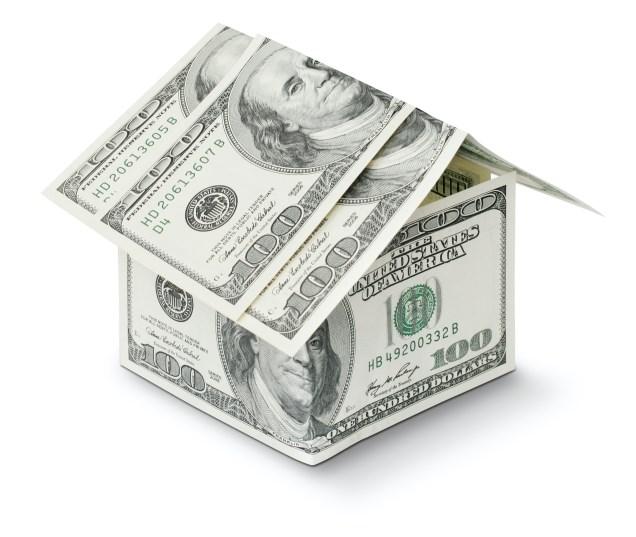
2 minute read
Reverse Mortgage Considerations
By Jonathon Ferguson, Financial Capability Learning Resource Specialist, University of Wisconsin-Madison
There are several requirements for you to qualify for a Home Equity Conversion Mortgage including:
Advertisement
• You must be age 62 or older
• You must live in the home as your main residence
• You must continue to not have any federal debt (e.g. owe taxes)
• You must continue to pay property taxes, insurance, etc.
• You must meet with a HECM counselor
• Your property must meet certain requirements
What are disadvantages of
reverse mortgages?
The upfront and recurring costs are a primary disadvantage of a reverse mortgage.
Costs include:
As you continue to pay your mortgage you will obtain more equity in your home or own it outright. Depending on your situation, over time your retirement accounts may decrease as your expenses increase. If this happens, you may consider selling your home to get income. While this can be a good option, you also may want to stay in your home and not sell it due to emotional and logistical challenges that can come with selling a home you have lived in for many years.
A reverse mortgage offers an alternative. Reverse mortgages allow qualifying homeowners to convert a portion of home value into cash while allowing them to continue living in their homes. The advantages of staying in your home and having the income you desire may be attractive to you. However, it is important to understand the advantages & disadvantages that come with a reverse mortgage.
What is a reverse mortgage?
With a reverse mortgage, qualifying homeowners do not make monthly mortgage payments to their lender. Instead, the homeowner/s receive monthly payments and/ or a line of credit from their lender. The monthly payments received can be used to pay for other expenses of the homeowner/s.
A reverse mortgage is a loan. Each month, interest & fees are added to the loan balance and the amount owed goes up over time. The loan is repaid to the lender when the homeowner sells or no longer lives in the home.
Am I eligible for a reverse mortgage?
There are three types of reverse mortgages. Home Equity Conversion Mortgage (HECM) a federally insured program backed by the U.S. Department of Housing and Urban Development (HUD) is the most common type of reverse mortgage.
• Mortgage insurance premiums. You will be charged an initial premium & annual premium. These are in addition to the home insurance that you already pay
• Closing costs such as appraisal fees, survey fees, and other fees
• Loan origination fees
• Interest costs
• Monthly servicing fees
Also, it is important to know that if you do not continue to meet the requirements of your reverse mortgage that you could lose your home to foreclosure.
No matter if you are eligible for a reverse mortgage or not, it is important to consider all options available to you. Depending on your situation, you may want to explore utilizing other assets you have, refinancing your home, obtaining a home equity line of credit or loan, etc.
Family Budget Coaching Program Now Available for Families and Individuals in Warren County
Cornell Cooperative Extension of Warren County is now offering a free, confidential Family Budget Coaching Program to community residents. The one-on-one sessions are available to individuals and families who want to improve their financial literacy, set goals, create a savings plan, reduce debt and get a better handle on finances. The trained coaches will offer sessions either via Zoom or in person in Glens Falls, Warrensburg and Johnsburg.
Since 1914, Cornell Cooperative Extension has responded to the needs of New York residents enabling people to improve their lives and communities through partnerships that put experience and research-based knowledge to work.
For more information on this program, please contact Roxanne Westcott at rmw38@cornell.edu or (518) 668-4881.






